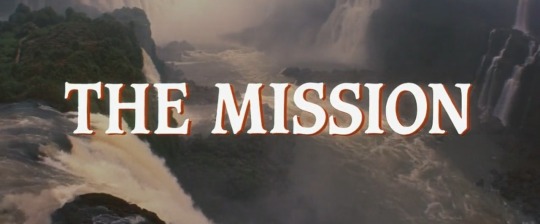#Roland Joffé
Text
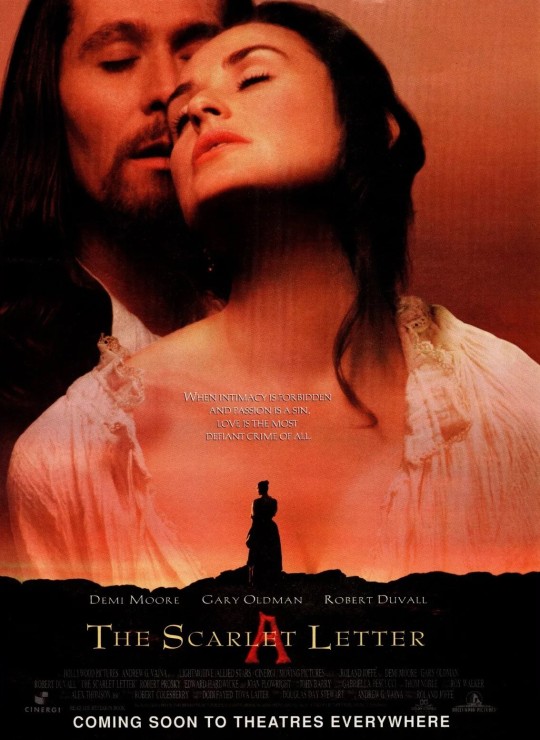
14 notes
·
View notes
Text
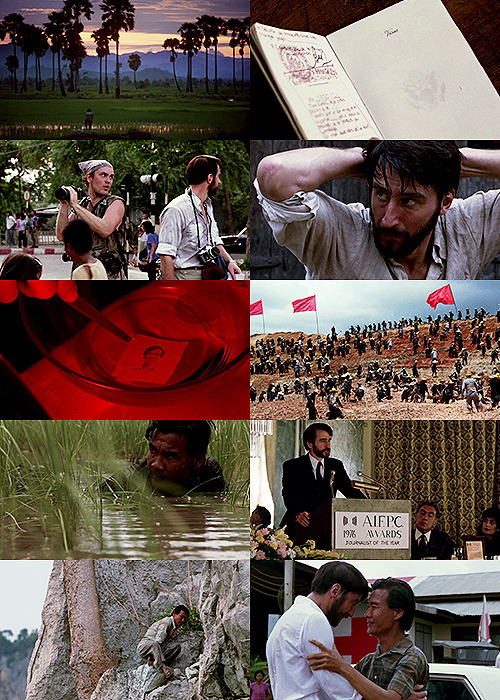
The Killing Fields (1984). A journalist is trapped in Cambodia during tyrant Pol Pot's bloody 'Year Zero' cleansing campaign, which claimed the lives of two million 'undesirable' civilians.
There's a lot to like in this harrowing film about the Khmer Rouge regime in Cambodia, from the friendship between Sydney Schanberg and Dith Pran's to the sublime cinematography. I particularly appreciate the way the film used the American journalism angle as an entry point but stayed with Dith's journey in Cambodia afterwards. It felt almost like a way to trojan horse a broader audience into the story, and it's particularly compelling given that act is by far the strongest of the film. Pretty solid, albeit also pretty flawed. 7/10.
#the killing fields#1984#Oscars 57#Nom: Picture#Nom: Director#Nom: Actor#Nom: Supporting Actor#Won: Supporting Actor#Nom: Adapted Screenplay#Nom: Cinematography#Won: Cinematography#Nom: Editing#Won: Editing#Roland Joffé#bruce robinson#sam waterston#haing s ngor#john malkovich#american#cambodia#journalism#war#7/10
10 notes
·
View notes
Text
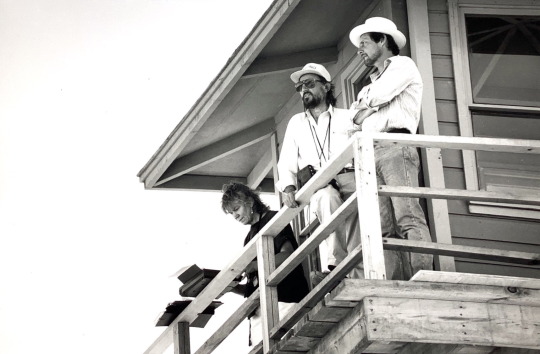
Pat Rambaut
Fat man and little boy, dir. Roland Joffé, 1989.
#script supervisor#continuity#scripte#continuité#on set#behind the scenes#film making#movie set#on the set#pat rambaut#fat man and little boy#roland joffé#vilmos zsigmond
2 notes
·
View notes
Photo

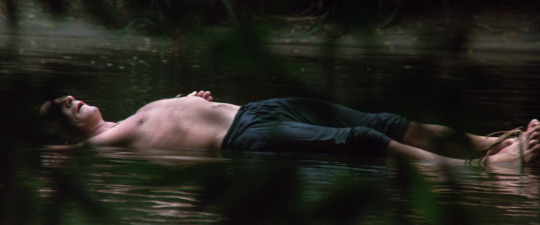



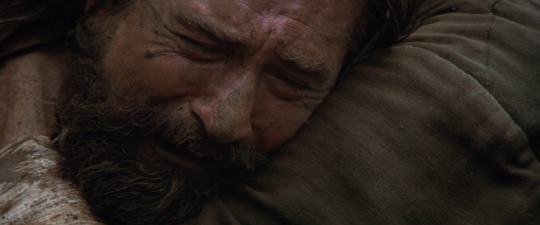
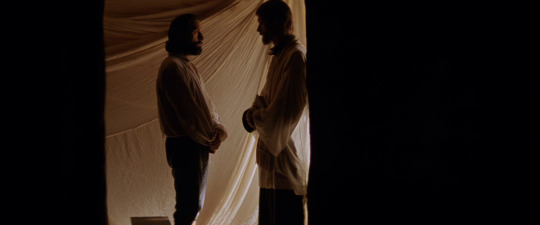
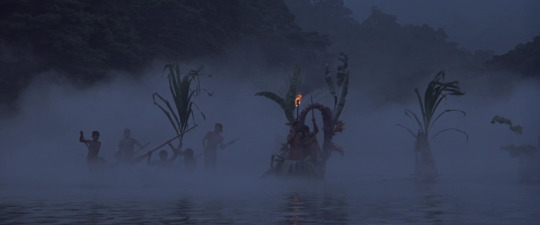


The Mission (1986)
23 notes
·
View notes
Text

5 notes
·
View notes
Text
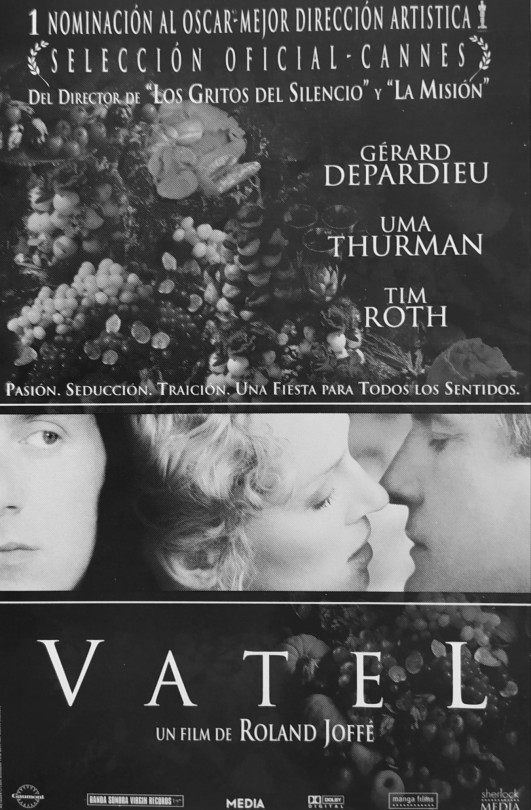
3 notes
·
View notes
Photo

April 1987: brochure announcing that smoking was to be banned in the auditorium
#1987#1980s#80s movies#the mission#phoenix cinema#robert de niro#Roland Joffé#a room with a view#James Ivory#helena bonham carter#julian sands#cinema brochure#north london#london#retro cinema#old cinema#throwback#1980s movies#london cinema#movie theater
3 notes
·
View notes
Text

This episode preceded 'The Mission' by two years.
6 notes
·
View notes
Text
When intimacy is forbidden and passion is a sin, love is the most defiant crime of all.
0 notes
Text
youtube
Ennio Morricone's soundtrack for Roland Joffé's movie "Vatel".
#ennio morricone#morricone#roland joffé#vatel#uma thurman#film music#soundtrack#soundtracks#film score#movie muisc#film composer#composer#composers#orchestra#music#musician#musicians#movie#movies#film#films#violin#violinist#Youtube
0 notes
Text

What I'm watching (2024 Edition) || The Scarlet Letter (1995)
#a letra escarlate#the scarlet letter#watching#watching24#Roland Joffé#gary oldman#demi moore#fav actors
1 note
·
View note
Text

6 notes
·
View notes
Text
'Two new documentaries available to stream this week are riding the wave of anticipation for Christopher Nolan’s Oppenheimer, out in cinemas next Friday. Lest Nolan’s Cillian Murphy-starring biopic of atomic bomb creator J Robert Oppenheimer not serve the facts diligently enough, then Oppenheimer: The Real Story (from 17 July) and To End All War: Oppenheimer and the Atomic Bomb (Now TV) are on hand to fill in any gaps. They join a long line of documentaries on the subject and its adjacent concerns; the surprise is that it’s taken this long for Oppenheimer himself to be the protagonist of a major Hollywood drama.
But the legacy of the atom bomb, from its development to its impact to its all-round political aura, is a rich one, spanning everything from esoteric arthouse films to genre B-movies. For decades after the horrifying outcome of the Manhattan Project, through the long-lingering chill of the cold war, anxiety over nuclear warfare was the driving force behind any number of thrillers and war films. Comedies, sci-fi and even the odd film noir – see Robert Aldrich’s blistering Kiss Me Deadly (1955; Internet Archive), which culminates in a literally explosive allegory – got in on the paranoia.
First, however, the film industry attempted to tackle the subject more directly. Mixing earnest informational film-making with melodramatic fiction, the 1947 Hollywood film The Beginning or the End (Internet Archive) is a fascinating relic of its still-raw era. Dramatising the creation of the bomb and the circumstances building to Hiroshima, it has a dour sternness of tone that allows it to smuggle in some wild fabrication. Scenes of President Truman morally wrestling over whether or not to drop the bomb have the ring of patriotic face-saving. Indeed, there’s more history to be gleaned from the film’s blind spots than its inclusions.
Japan had its turn in 1953 with Hiroshima, another blend of fiction and documentary centred on child survivors in the aftermath of the blast. It’s undeniably wrenching, using a vast number of extras to effectively recreate their own harrowing experience, and while it was unsurprisingly branded “anti-American” in certain quarters, it doesn’t go easy on the Japanese military either.
In 1989, leading Japanese auteur Shōhei Imamura covered similar subject matter with a more distanced perspective in his soberly beautiful Black Rain (Arrow). A portrait of a family rebuilding in the wake of Hiroshima, it intersperses a quietly unfurling study of trauma with blunt first-hand accounts from victims. That same year, Hollywood inadvertently responded with Roland Joffé’s peculiarly misguided Manhattan Project drama Fat Man and Little Boy, previously Oppenheimer’s biggest screen showcase. Still, the scientist plays a supporting role to overseeing army officer Leslie Groves (played by Paul Newman), whose clipped, macho sense of duty spars with Oppenheimer’s cerebral detachment in a way that rather diminishes the bigger picture. There’s a reason you never hear of it today.
You certainly get a sharper, more telling view of the masculine egos sparking and aggravating nuclear warfare in Stanley Kubrick’s brilliantly deranged 1964 cold war farce Dr Strangelove, a film that managed to be both piquantly of its time and wildly ahead of it. It came amid a rush of more serious-minded Hollywood dramas on the same subject, including two released the same year. Sidney Lumet’s cold-sweat political thriller Fail Safe, in which an honourable US president and his advisers fret over an error that has sent a nuclear strike Russia’s way, is better remembered than John Frankenheimer’s Seven Days in May, in which a different imaginary Potus faces military mutiny in response to nuclear disarmament. Both are excellent.
European film-makers, meanwhile, may seem to be left out of the matter, but have contributed in surprising ways. Alain Resnais’s exquisite Hiroshima Mon Amour (1959; Amazon), a pointedly even-handed co-production with Japan, addresses Japanese PTSD and western guilt in the form of a desolate, mutually wounded romance. And the UK entered the conversation in the 1960s with The War Game, Peter Watkins’s stark, unnerving pseudo-documentary vision of nuclear war on home turf: a fiction evocative enough to fool the Oscars into giving it a best documentary prize, though a spooked BBC wouldn’t air it for 20 years. We’ll see next week if the atom bomb on screen can still cause that kind of stir...'
#Christopher Nolan#Oppenheimer#Cillian Murphy#Hiroshima Mon Amour#Alain Resnais#The War Game#Peter Watkins#Stanley Kubrick#Dr. Strangelove#John Frankenheimer#Seven Days in May#Sidney Lumet#Fail Safe#Shōhei Imamura#Fat Man and Little Boy#Roland Joffé#Black Rain#The Beginning or The End#Oppenheimer: The Real Story#To End All War: Oppenheimer and the Atomic Bomb#Kiss Me Deadly#Robert Aldrich
1 note
·
View note
Text


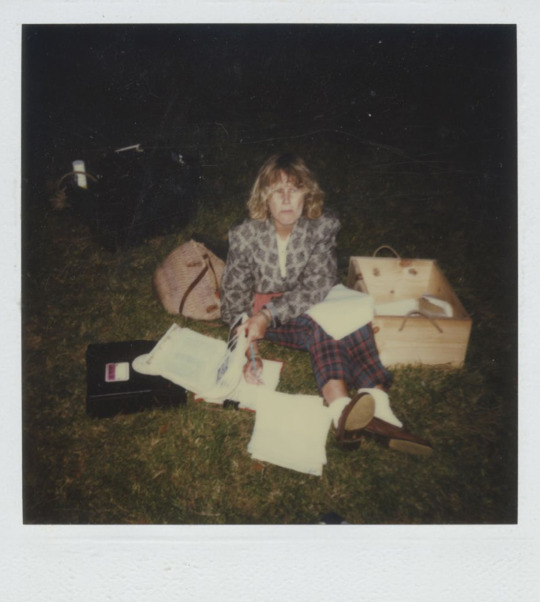

Penny Eyles
The Killing Fields, dir. Roland Joffé, 1984.
#penny eyles#the killing fields#roland joffé#script supervisor#scripte#continuity#continuité#behind the scenes#film making#film crew#movie making#movie set
2 notes
·
View notes
Photo



The Mission (1986)
15 notes
·
View notes
